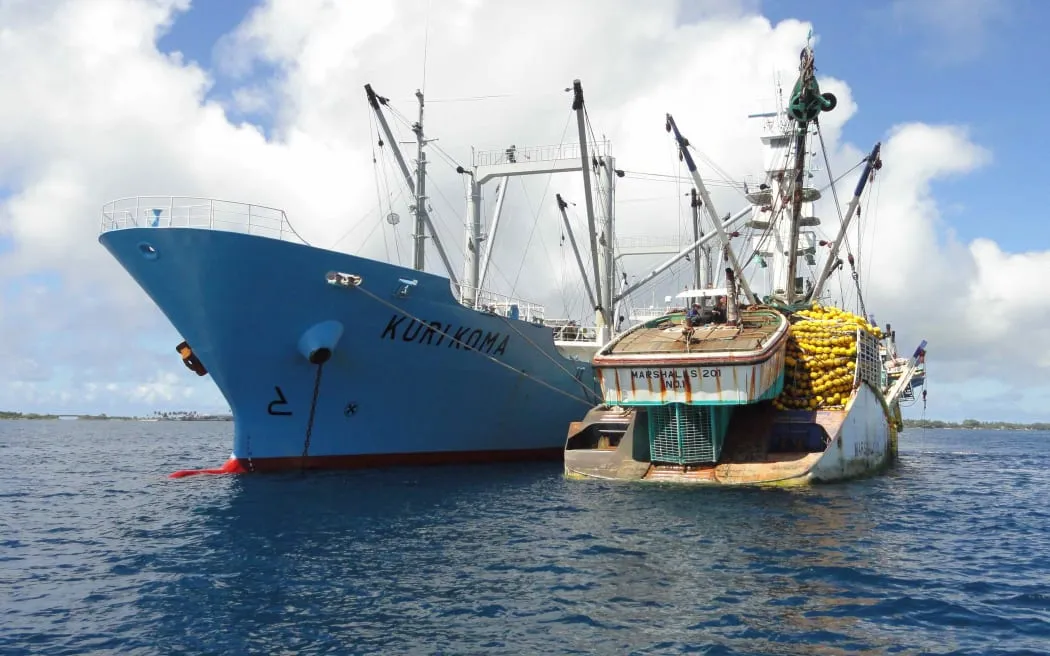The World’s Largest Tuna Fishery Gets a Much-Needed Boost to Labour Standards
The Western and Central Pacific Fisheries Commission (WCPFC) has taken a significant step towards improving labour standards for crew aboard fishing vessels operating in the region. The commission, which oversees the world’s largest tuna fishery, has agreed to implement measures aimed at ensuring fair pay, safe working conditions, and protections against forced labor and other abuses.
A New Era of Oversight
After years of effort, the WCPFC has adopted interim electronic monitoring standards for its fisheries. These new standards will help improve oversight of the region’s valuable fisheries by augmenting the work of human observers with onboard cameras and other technology. According to Dr. Pio Manoa, Forum Fisheries Agency (FFA) deputy director general, “These new labour standards are crucial to ensure the safety and dignity of crew.”
The Role of Non-Governmental Organisations
Non-governmental organisations (NGOs) have been instrumental in driving this initiative forward. The Pew Charitable Trusts’ international fisheries project has been working closely with the WCPFC to modernise oversight of the tuna fishery. According to Dave Gershman, officer for the Pew Charitable Trusts’ international fisheries project, “Electronic monitoring will increase data collection and help ensure that fishers are following the Commission’s rules.”
Still Work to be Done
Despite these positive developments, there is still work to be done. The WCPFC has failed to agree on ways to improve the transparency of transshipment of fish catches. According to Pew Charitable Trusts, the commission’s rules on transshipment remain out of alignment with UN recommendations and lag behind standards adopted by other regional fisheries management organisations.
A New Direction for Fisheries Management
The WCPFC’s adoption of these new labour standards marks a significant shift towards modernising oversight of the world’s largest tuna fishery. As the agency’s deputy director general, Dr. Pio Manoa, notes, “The FFA members have been key drivers of this initiative, reflecting our collective commitment to social responsibility in fisheries management.” With this new era of oversight underway, it remains to be seen whether these measures will be enough to address the complex challenges facing the region’s tuna fishery.
A Conclusion
The WCPFC’s efforts to improve labour standards for crew aboard fishing vessels are a crucial step towards ensuring the safety and dignity of those working in this vital industry. While there is still work to be done, these new measures represent a significant shift towards modernising oversight of the world’s largest tuna fishery.

0 Comments